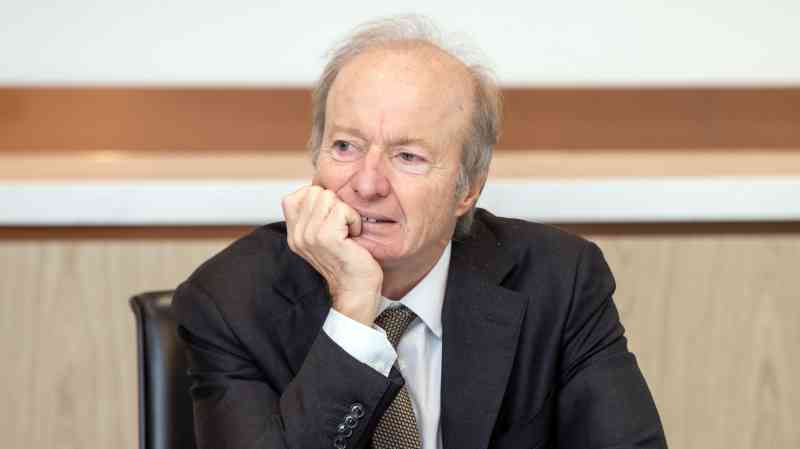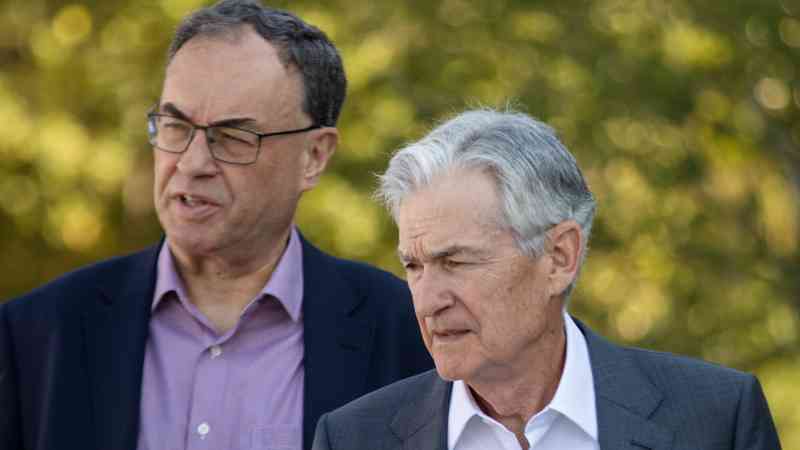Reece Wabara: I left football and spent £9.4m to transfer into fashion
Fashion entrepreneur Reece Wabara has paid £9.4 million to buy out the stake in his company owned by his childhood friend — Gymshark co-founder Lewis Morgan.
Wabara, a former Manchester City defender, started Manière De Voir (MvD) with Morgan ten years ago, aged 22 and while still playing professional football.
He retired from football three years later and has led MvD to considerable success, with pre-tax profits hitting £6.6 million last year on revenues of £31 million, accounts to be filed soon will show.
Morgan, 32, went to school with Wabara in Bromsgrove, Worcestershire, and helped his friend set up MvD, for which he received a 17 per cent stake. But he had little direct input in the running of the business, Wabara said. In 2020, Morgan sold his shares in Gymshark and now has a £150 million personal fortune, according to The Sunday Times Rich List.
When asked how he felt when the deal went through in July, Wabara, 32, said: “I felt poor. But it signals my intent.”
He said it made good use of the “excess cash” he had and helped him avoid the danger of complacency creeping in, which can happen if the bank balance is in good shape.
“[Morgan] texted me one day saying ‘what is your plan for the business? Are you going to sell anytime soon?’ And I said ‘probably not’,” recalled Wabara.
“He then said, ‘OK, I want to sell my shares.’ I asked for a figure and he gave me one — this was all on text, by the way — I said no, and gave him another figure and he said ‘fine’. The money got sent four weeks later.” The “mate’s rate” deal valued MvD at £56 million.
“Lewis is a very rich man and doesn’t need the money so I was a bit surprised by the text,” Wabara said of his friend’s approach. “But I had excess capital and you might never get that opportunity as that question may never come again. [The decision to buy] made sense.
“And after ten years, even if you are consciously trying to not be complacent when you know you have a bit of money in your pocket, you may become complacent.
“Erasing the bank balance, everything I have worked for, liquidity wise, in the last ten years has gone now. I have to run the bank account back up and get super focused to make sure the purchase [of Morgan’s shares] is worth considerably more than what I paid.”
Wabara, who paid himself a salary of £111,448 last year, but no dividend, said he understood that tying up more of his money in MvD ran against conventional thinking on spreading wealth around different assets.
“Diversification will probably come for me when I sell the business. At the moment my source of wealth is the business. I can pay myself handsomely. It’s been over ten years now [of trading] and so far, so good,” he said.
Launched as an online brand, Wabara has just agreed a lease on a site in New York, its second physical retail presence following its launch on London’s Oxford Street in 2023. MdV already makes about 45 per cent of its revenues online in the US.
• Reece Wabara: I chucked in a football career to score in fashion
He said the shop on Oxford Street was performing ahead of his expectations. “The daily sales on that store can beat online [UK sales] sometimes,” he said.
In the past 12 months, Wabara said he had invested even more time on his product range, as well as making the business more efficient, from reducing the amount of stock held to increasing prices and cutting back on discounts.
“I am not concerned about revenue growth at all. My plan is to continue the product philosophy, build out the retail space, and rely less on any form of discounting with the aim of never discount,” he said.
“Every pound we get through the door my intention is to have a 25 per cent bottom line. That will slow growth. I could accelerate growth by dropping it to 10 per cent, which is in line with most people. But I feel [MvD] is becoming a brand and that has a lot of intangible value, which has taken ten years to build.”
Despite now being the sole shareholder in MvD, Wabara remains open to the idea of giving employees the opportunity to be rewarded with shares in future. “[Share options are] for exceptional people, who need exceptional incentives. If they help the business and make my life easier then everyone wins,” he said.




Post Comment